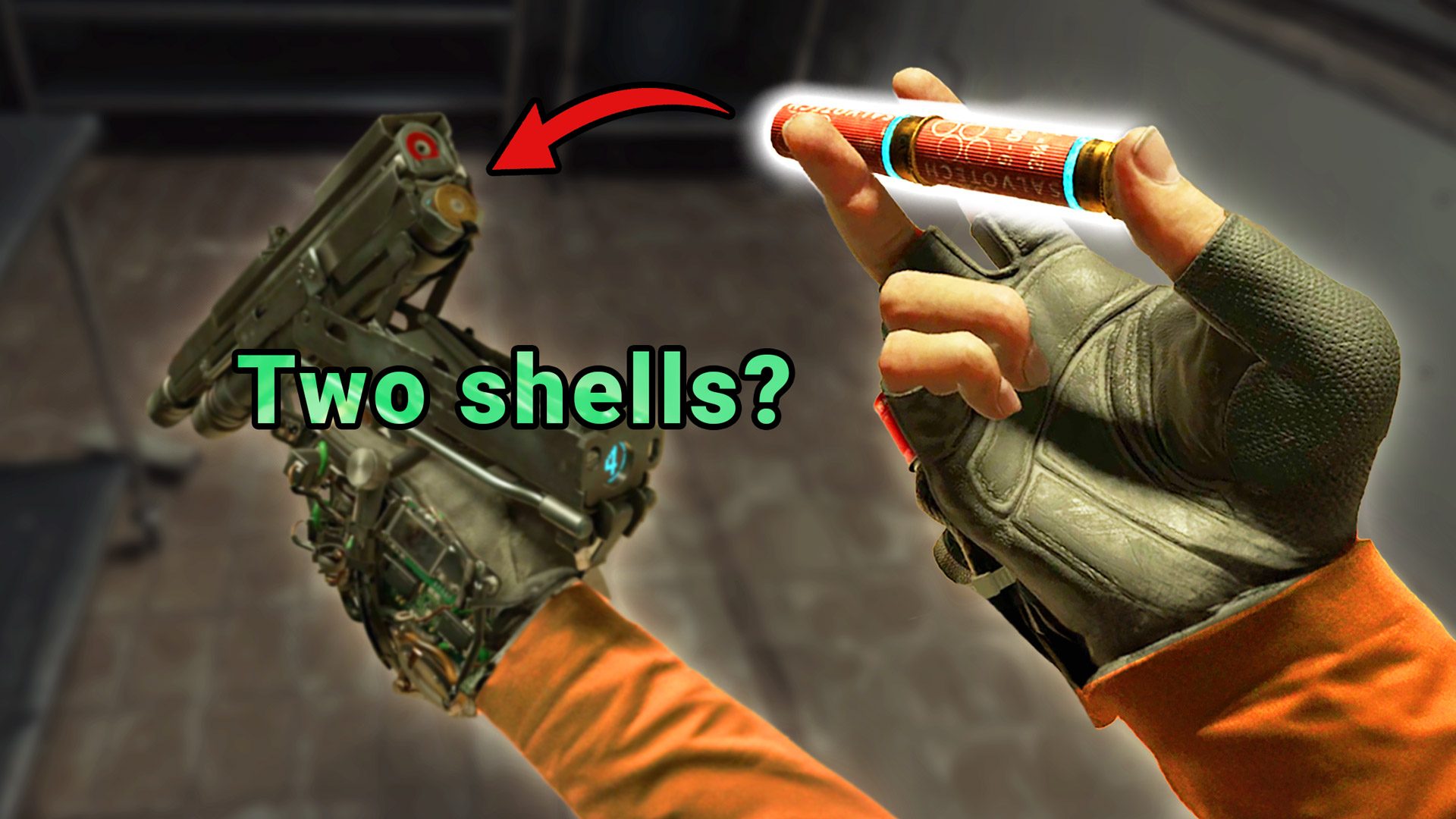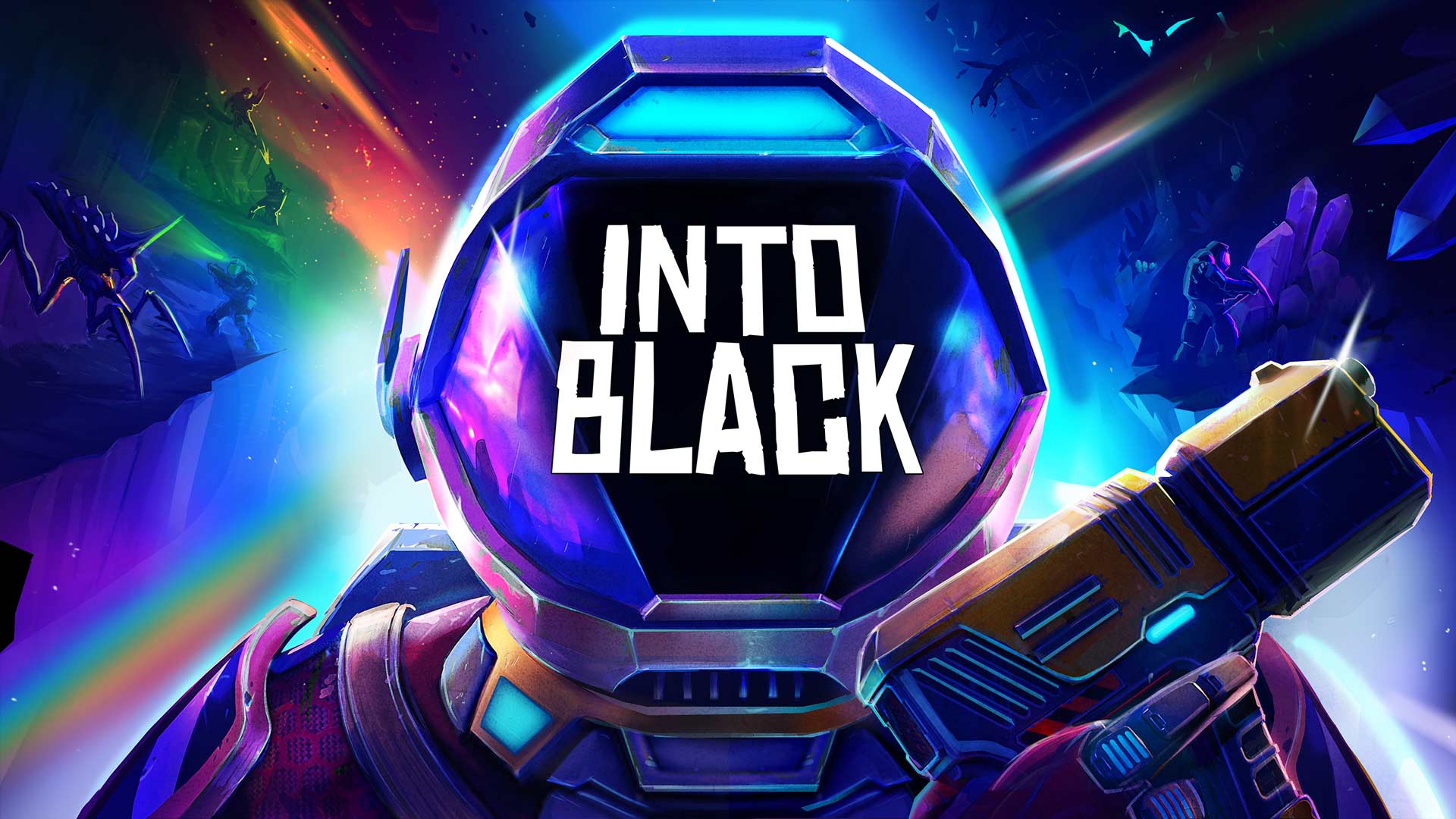Navigating the landscape of creating a homegrown gaming console is no easy feat, and in Russia’s case, it’s a journey marked by significant challenges. On one hand, they’re working on their own console powered by the Elbrus processor, as reported by Habr.com. This processor sports a Very Long Instruction Word (VLIW) microarchitecture, originally intended for high-stakes, industrial tasks. Yet, when it comes to gaming performance, benchmarks suggest it falls far short of current industry standards.
The console that Russia plans to introduce won’t be vying head-to-head with the PlayStation 5 or Xbox Series X|S. Aware of this limitation, Russian officials are urging developers to adopt innovative strategies to bypass these performance hurdles. Anton Gorelkin, Deputy Chairman of the State Duma Committee on Information Policy, is hopeful. He encouraged, “I hope my colleagues will approach this with full responsibility and come up with something truly groundbreaking. It is obvious to everyone: Elbrus processors are not yet at the level required to compete equally with the PS5 and Xbox, which means the solution must be unconventional.”
To overcome these barriers, the tactics could either involve drastically simplifying games to suit the Elbrus CPU capabilities (albeit potentially at the risk of alienating gamers accustomed to global quality) or leveraging cloud technology. Cloud gaming would necessitate impeccable broadband service with minimal latency for players to enjoy their games seamlessly.
Gorelkin also underscored the need for this console not to merely serve as a vessel for older games but as a springboard for promoting Russian-made video games on the home front.
Meanwhile, another interesting development is brewing with MTS, a leading Russian telecom firm. Without any pretense, MTS is working on a cloud-based gaming console, dubbed the MTS Fog Play platform. This device, which hits a price of about $50, marries low-cost hardware with an Xbox-like controller. Given its price, the console won’t boast the power to run even basic Android games, but it harnesses the cloud might of MTS’s Fog Play service to enable gaming. This service supports both remote gaming and rental frameworks, allowing those with powerful PCs to rent games while relying on their existing setups.
While neither of these gaming ventures has made its commercial debut yet, we’re eagerly awaiting their arrival and the subsequent benchmarks that will reveal whether they can indeed find a niche in the competitive gaming market.













































